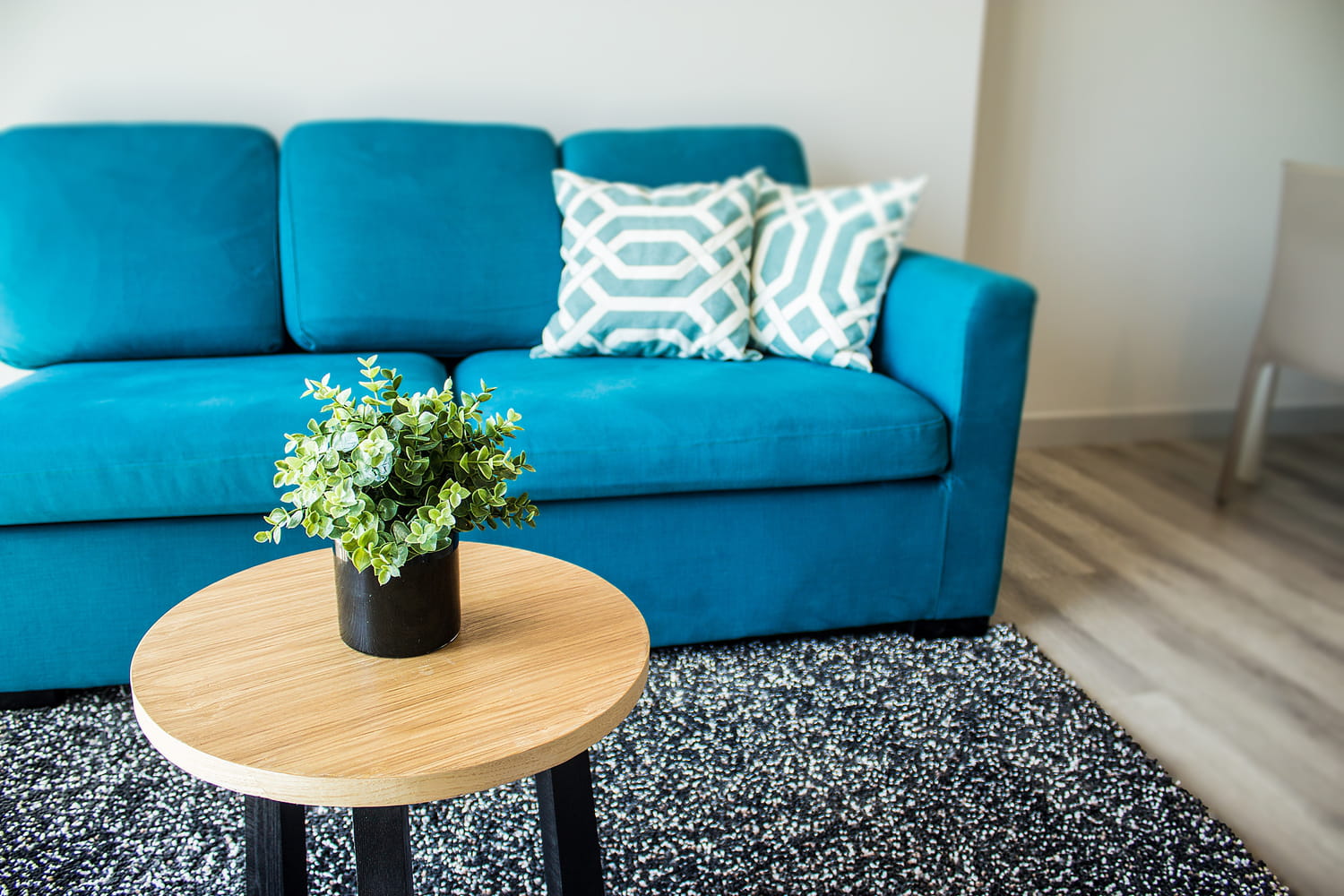There is no too small space for Feng Shui. The basic idea is to decorate and develop this small space, so that it seems spacious, even if it is not really. For a studio to be Feng Shui, the Chi (vital energy) must circulate freely and the living spaces are well delimited.
Freely
The entrance which represents the mouth of the chi must be cleared and well lit. It is better that the coats and shoes are stored in closed cupboards. Chi does not like dust or disorder Because it slows it down and loads it negatively. It is therefore necessary to ventilate daily, clean up regularly, and put away as you go. The space should not be congested. Avoid piling up things on the top of the cupboards, the refrigerator, under the furniture or under the bed. It is better to limit the number of furniture and choose them not imposing. All corners must be proportionally furnished. Keep the center your free habitat.
For visually enlarge the space Use mirrors, on the condition that they do not reflect a door, a window (especially not the front door), the bed. In Feng Shui, we prefer mirrors that reflect from head to toe. Place the mirrors so that they reflect something pleasant.
Delimit areas
Create different corners in the room: a rest area, a working corner and a lounge area. The energies of living pieces are different from those of resting pieces. Use visually separate the spaces from the plants, the curtains and the paravents. Play with lighting to help create different atmospheres depending on the areas. Living spaces will be more enlightened than the rest space where light will be more sifted.
Ideally, the entrance will overlook the living room rather than on the kitchen or dining area. Place it Sofa back to a wallclose to the entrance in such a way to see who enters the room. Choose a small sofa so as not to clutter the room. If it is the sofa that serves as a bed, then it is necessary to return its sofa function every morning to stay in a working dynamic. It is recommended to cover the TV and the computer with a fabric if you have a direct view of it when you are lying.
The room must be a peaceful sanctuary for rest and relaxation. It is an intimate place, which is why if there is enough space to have a bedroom corner, choose it, as far as possible from the entrance. Adot the headboard to a wall To feel safe. Place it so as to see that enter the room and avoid having your feet in front of the front door. Make sure you have a pleasant view of your bed, and if it is not the case place a curtain or a screen.
If there is a office area, isolate it from the room space, with plants, a curtain or a screen. Indeed you may have trouble concentrating and being less productive when you see your bed. And vice versa, you may have trouble sleeping by seeing your office. Unconsciously it could remind you of everything you haven’t finished yet. The office needs yang energiesenlighten it well. Avoid placing it in such a way that you are facing a wall. If there are no other possibilities then hang a nice representation which gives an impression of openness like a landscape released for example.
The dining area should be close to the kitchen area. In Feng Shui, cooking and sanitary facilities are “energy aspires” and it is recommended to insulate the rest of the room, with a curtain of thread for example. If there is a door, keep it closed. Ditto for the bathroom and toilet door. To avoid loss of energy, keep the downwind of the toilets closed when you do not use it and place traffic jams in the sinks and sinks (especially if there is no door).









